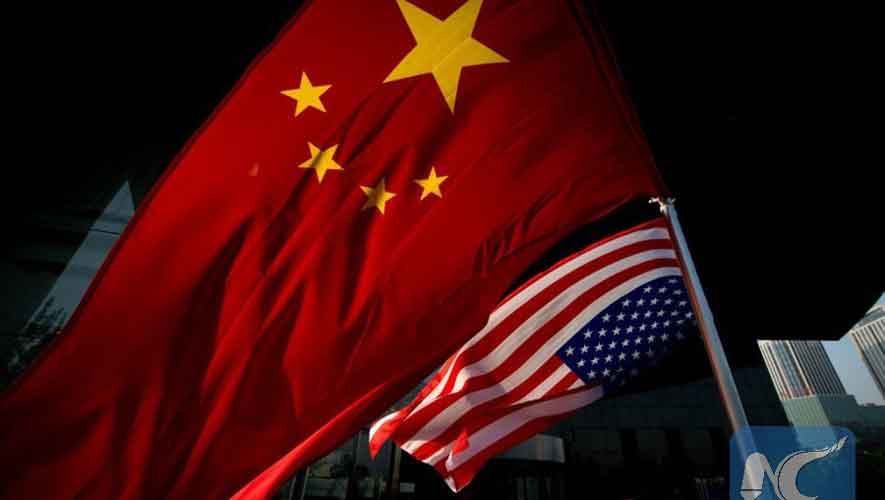After years of lobbying by the private sector for reduced public holidays, Cambodia has finally relented to slice off seven days, in the name of productivity, and making itself competitive.
For the latest Cambodian Business news, visit Khmer Times Business
The surprise move is evidence of a fever felt by Cambodia on the possible withdrawal of the Everything But Arms (EBA) preference. Over the months since the announcement of a possible withdrawal of the EBA by the European Union, measures either political or trade-linked are being implemented to show its seriousness in honouring the terms in the privilege accorded to least developed countries.
The long-overdue move made Garment Manufacturers Association of Cambodia deputy secretary-general Kaing Monika beam.
“This is what we have been asking for. Less public holidays mean more production days,” he tells Capital Cambodia over the telephone.
A high number of public holidays amid rising minimum wages and strong workers’ unions impact the sectors growth as it results in production “down time”.
“We are now working 2,112 hours per year. Seven days off the list would mean 56 hours of production time or an increase of 2.6 percent of production output. This positive news will have far-reaching effects in the manufacturing sector,” Monika says.
On Monday, Industry and Handicraft Minister Cham Prasidh said a sub-decree on the reduced public holidays would be issued by the end of March. He is aware of the calls made by the business community, and that Cambodia has more public holidays than other countries.
The nation has some 30 public holidays a year, making it the second highest civil and religious celebrants in South East Asia after Malaysia which has the most days at 50 a year. Thailand comes in third with 26 holidays annually.
According to Japanese think-tank Asian Productivity Organisation tasked with preparing the National Productivity Plan (2020-2030) for Cambodia, the average productivity per annum needs to be 5.2 percent to support economic expansion. This is assuming the workforce grows 1.9 percent annually.
Prasidh says besides cutting some holidays, the government is also reducing some public ceremonies so more time is allocated for production.
“If we have many days off, companies have to spend more on overtime, which means less profit because producers pay more for this work. Usually workers do overtime to meet increased or urgent orders,” he adds.
Having said that, he stresses that industries must show higher productivity once the holidays are hived off, adding that the government would implement other measures to strengthen the country’s economy.
“When we strengthen ourselves, we are can survive even without EBA,” Prasidh adds.
In 2017, the EU market accounted for 40 percent or $5.77 billion out of Cambodia’s total exports.
But there’s a damper on future exports following the launch of a six-month monitoring period by EU over the Kingdom that could lead to the end the preferential treatment.
One of Cambodia’s large rice exporters Amru Rice (Cambodia) Co Ltd says trading nearly halts during public holidays as ports, logistic firms, and government offices are closed.
“I support the government’s decision as we can finally become competitive. We have an average of 28 official holidays a year while Vietnam has around 10 days. We are impacted by that and also the fact that our minimum wages keep rising,” its vice president and managing director Kann Kunthy says in an interview with Capital Cambodia.
Meanwhile, Prasidh says agribusinesses should adopt new production methods and technologies to ensure quality products and boost exports. He says many local companies are still not able to export their products due to low quality and safety standards.
“If companies don’t self-improve and bring up quality, big foreign companies will come and grab their market share,” he adds.
Sok Chan
Business Writer, Capital Cambodia




